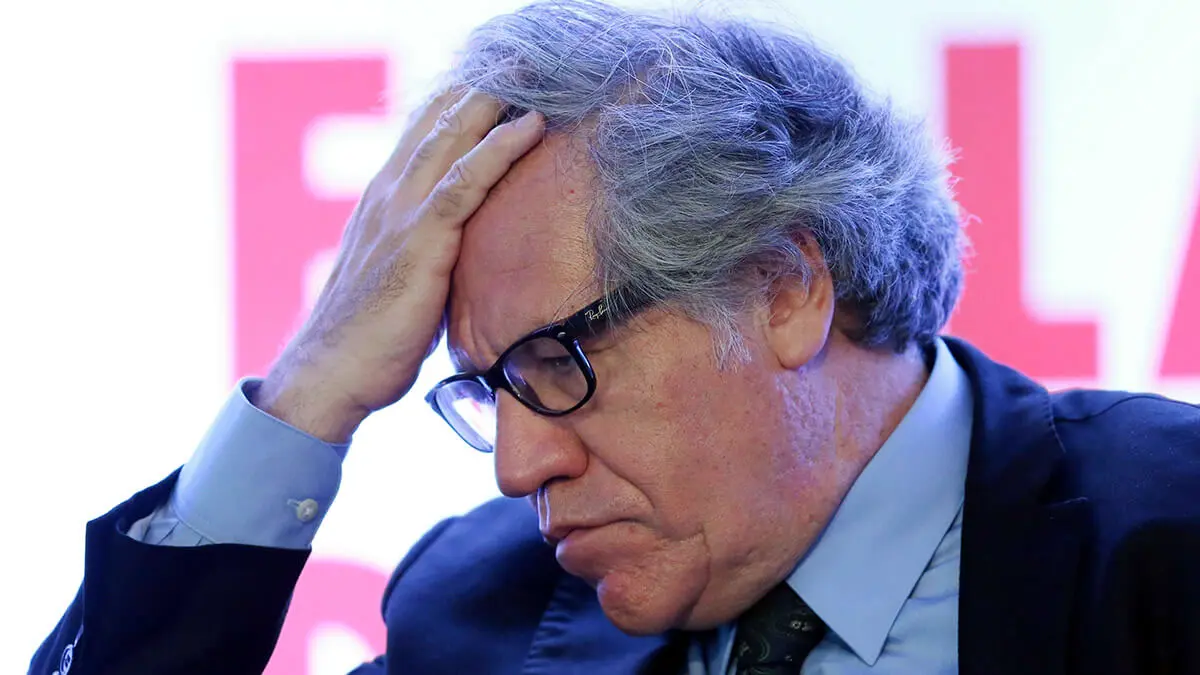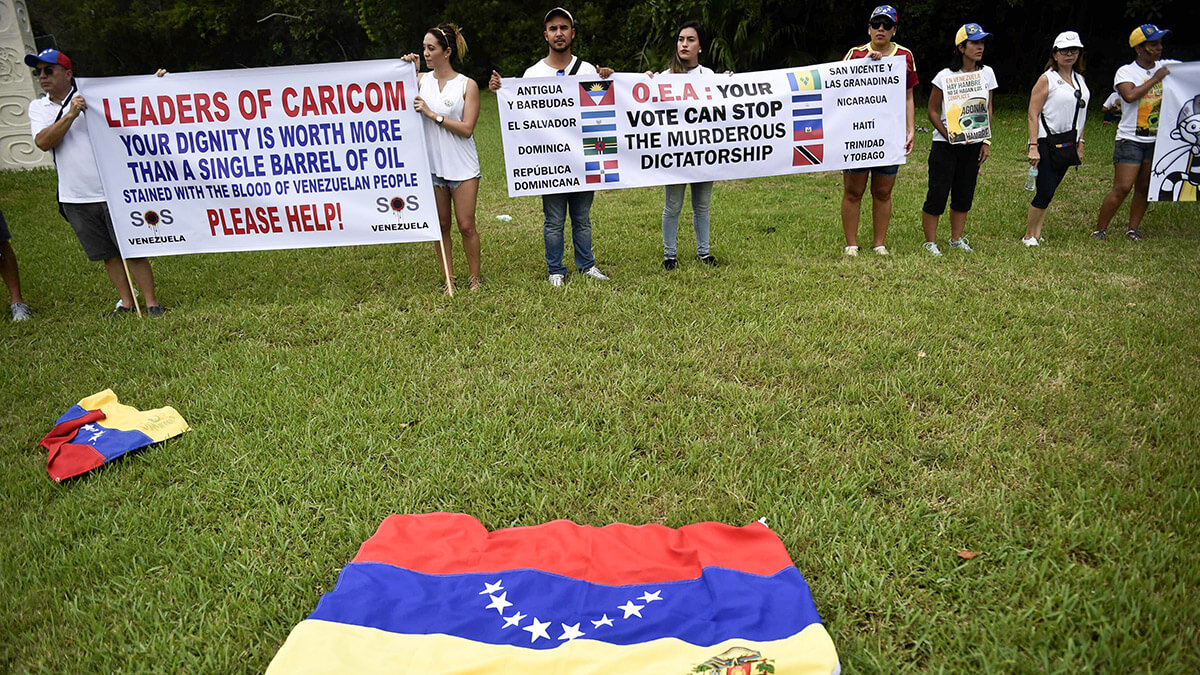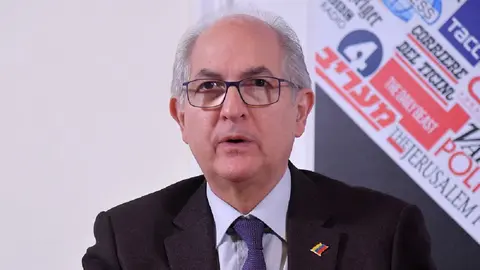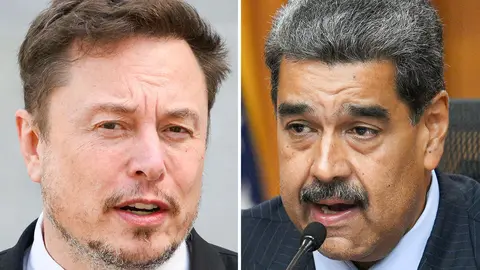The OAS: an inoperative organisation

Mexico's president, Andrés Manuel López Obrador, is falling into a radicalism that is making him lose manoeuvre as a guarantor leader for a constructive dialogue between the regime of President Nicolás Maduro and the opposition led by Corina Machado and Edmundo González.
Positions such as the one taken by OAS Secretary General Luis Almagro and several countries during the extraordinary session of the OAS Permanent Council do not help to solve the crisis.
Over the past decades, the OAS has proven to be a bureaucratic and ineffective organisation. It has not served at all as a governing body for the peaceful resolution of controversies and political problems in the continent.

There was an apparent "triumph" for the Maduro regime in the OAS when the resolution requesting the delivery of the minutes by Argentina, Canada, Chile, Costa Rica, Dominican Republic, Ecuador, El Salvador, Guatemala, Guyana, Haiti, Jamaica, Panama, Paraguay, Peru, Suriname, the United States, Suriname and Uruguay failed to achieve the required 18 votes. Brazil, Colombia, Antigua and Barbuda, Bahamas, Barbados, Belize, Bolivia, Grenada, Honduras, St. Kitts and Nevis and St. Lucia abstained, and, of course, Mexico, Dominica, St. Vincent and the Grenadines and Trinidad and Tobago did not attend.
Nor does it add much, given that it further exacerbates the Venezuelan crisis. It was a temporary salve for the stormy moment facing the Maduro regime. In my humble opinion, it further aggravates the crisis. By virtue of the fact that the OAS has shown itself to be a leaderless organisation and Almagro a leader incapable of building consensus in the search for solutions to continental controversies.
The election results delivered by the Maduro regime are not credible, it is evident that there was an electoral fraud impossible to hide because of the non-transparent way in which the National Electoral Council (CNE) processed the votes, delivered the result and declared President Nicolás Maduro the winner. It did so by trampling on the rights of the opposition, denying the opposition oversight of the proceedings and, most seriously, violating Venezuelan law which allows 48 hours for the electoral organisation to publish the minutes and results on the official website.
The Carter Center, which has observed several Venezuelan elections for decades, issued a statement saying that "Venezuela's 2024 presidential election did not meet international standards of electoral integrity at any stage and violated numerous provisions of its own national law. The Carter Center concludes: "The elections cannot be considered democratic".
In the search for a solution to the political crisis in Venezuela, it is necessary that, without disqualifications, all parties are heard and that those dialogues are to build bridges so that the Maduro regime hands over the electoral records, lower tensions with the opposition and accept between the parties a forensic audit with experts from the international community and the scrutinies can be carried out.
This is the way to establish the truth about the election results and ensure that the parties accept the final verdict. That is why the position of Almagro and some countries that believe that radical speeches will solve the crisis is not the way forward. It is clear that radical positions will only deepen the crisis and the chaos. The way forward is the one taken by the governments of Brazil, Colombia and recently Chile.
It is a matter of seeking consensus beyond the outdated ideological divisions of left and right, of good and bad, in order to reduce the bloodshed that has claimed the lives of 17 Venezuelans. In the end, what is happening in Venezuela is a struggle for the control of political and economic power (oil wealth) between two elites that have the Venezuelan people dancing to the rhythm of their political, economic and hegemonic interests.
@j15mosquera



